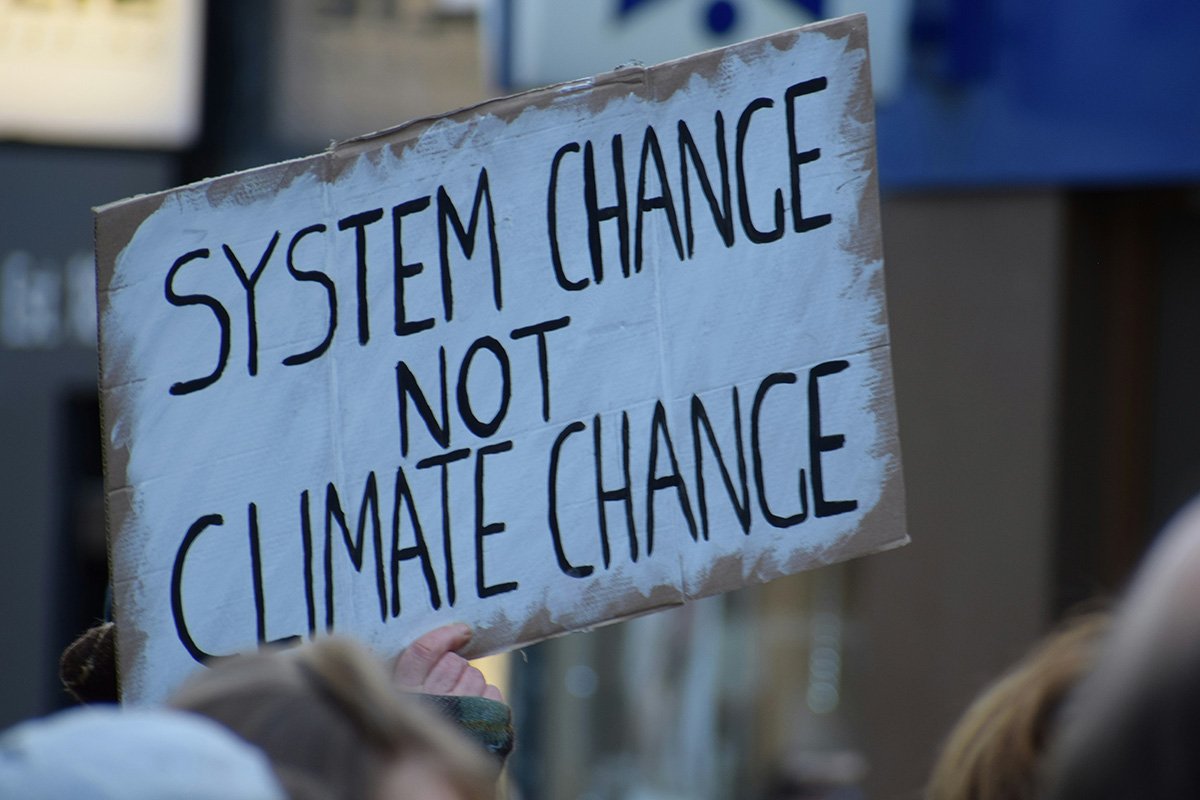December 17, 2013; Bluefield Daily Telegraph
There are those who suggest that spending lots of money on fundraising is a good investment, or that paying for cash-guzzling telemarketers is defensible on free-speech grounds. That’s how Independent Sector and many other national nonprofits stood up for Viet Now and their partner, Telemarketing Associates, in a famous Supreme Court case. The court okayed no-holds-barred telemarketing, partially under the fiction that they’re really engaged in educational activities, so long as the telemarketers don’t deceive potential donors about how much of their donations are going to the charitable cause. Raising money for Viet Now, Telemarketing Associates was keeping 85 percent of the donated funds, though this author noted some years ago that the Illinois AG’s complaint against the firm and the charity found that only three percent actually reached veterans.
In Bluefield, West Virginia, a small veterans’ nonprofit has been using a telemarketer, raising what looks like nickels and dimes for veterans while delivering less than pennies for actual program activities. According to the West Virginia Secretary of State, a group called the West Virginia Vietnam Veterans Foundation raised $37,706—a tiny sum, to be clear. They spent $3,810 on administrative costs and $33,386 on fundraising, leaving a paltry $506 for veterans programs.
Sign up for our free newsletters
Subscribe to NPQ's newsletters to have our top stories delivered directly to your inbox.
By signing up, you agree to our privacy policy and terms of use, and to receive messages from NPQ and our partners.
The foundation, according to treasurer David Simmons, operates out of his home. He says that the charity assists 30 to 35 veterans annually, providing medical care, food, shelter, clothing, help with utility bills, Christmas gifts and dinner for a veteran’s family, and transportation to the VA hospital in Beckley. Not much could have been provided with the $506 in program activities in 2012. Between 2002 and 2012, the charity raised $630,000 and spent $423,000 on a professional fundraiser. Between 2002 and 2006, the foundation spent an average of 43 percent of its fundraising total on veterans’ assistance, but beginning in 2007, that annual average on program plummeted to below 10 percent, except for 2009, when it spent 12.5 percent on programs.
The new catechism regarding nonprofit expenditures is to be not all that concerned about the proportion of total fundraising that goes to program activities, nor to be particularly concerned with large amounts spent on professional fundraisers and telemarketers. Sometimes, that doesn’t wash, especially when ravenous telemarketers and predatory nonprofit execs seem to show up repeatedly taking advantage of Americans donating to help veterans.
Just last weekend, the Tampa Bay Times reminded its readers about the Healing Heroes Network, which spent about half of its program resources in the past two years paying the husband of the organization’s executive director to deliver medical care and allowed telemarketers to keep 89 percent of donations to the group. (The Healing Heroes husband is a former board member of the Kids Wish Network, ranked by the Times as the worst charity in the nation.) In Tomah, Wisconsin, the Veterans Assistance Foundation has raised $4.7 million in charitable donations between 2009 and 2012, but $4.3 million of that went to a for-profit telemarketing firm called Xentel, based in Milwaukee.
Remember, these diversions of donations to for-profit telemarketers are legal. One doesn’t have to be John Donald Cody, a.k.a. “Bobby Thompson”, who ran the scam U.S. Navy Veterans Association which raised $100 million between 2002 and 2010 until articles in the St. Petersburg Times outed the phony charity and “Thompson” went on the lam. All these high-priced telemarketers and low-program veterans groups combine to accomplish one big thing: giving an impression to the public that an overwhelming proportion of veterans’ charities don’t operate in the best interests of those whom they are supposed to serve. America’s veterans deserve a ton better than this.—Rick Cohen










